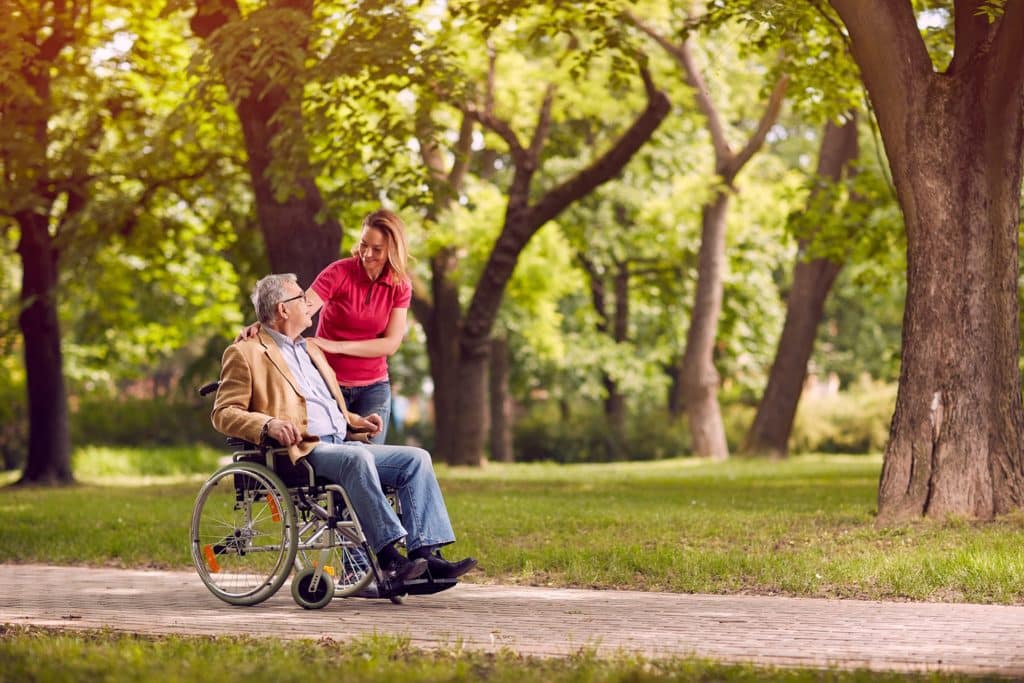Lynda Faye is devoted to her elderly parent. She had planned to spend her retirement gardening and visiting eight grandchildren. Instead, she is caring for her mother, 99-year-old Yetta Meisel. The former art teacher is busy all day long, helping her mother bathe, making meals, picking up prescriptions, scheduling home aides, and transporting a wheelchair for excursions, reports The New York Times in the article “At 75, Taking Care of Mom, 99: ‘We Did Not Think She Would Live This Long.’”
Ms. Faye and her mother are part of what is expected to be a growing phenomenon of children in their 60s and 70s who are devoting their retirement years to caring for parents who are in their 90s and beyond.
The financial cost of caring for an elderly parent is not an easy one. In Ms. Faye’s case, she persuaded her parents to move to their hometown. An addition was added to Faye’s home, but her parents chose to move to a three-bedroom condo nearby. The Faye’s turned the addition into a bed-and-breakfast suite.
When Mrs. Meisel’s husband died, she qualified for a state program that paid some of the costs of home aides. While Mrs. Faye kept the B&B busy, she paid for 24/7 care and other expenses for her mother from the $25,000 nest egg that her father had. In a few short years, that money was gone.
Now the family home is on the market. Mrs. Faye and her husband have moved into their mother’s condo. Her mother lives in a one-bedroom unit in the same building. To save money, Ms. Faye cut back on the home aides and cares for her mother herself three days a week. Her mother’s Social Security and the state program pay for the balance of her care. There’s an additional $1,000 needed every month, which comes from Ms. Fay’s pension.
With no assets, her 99-year-old mother does qualify for nursing care paid by Medicaid. However, Ms. Faye has made the decision not to go that route. She considers herself fortunate to have a living mother with a good sense of humor who appreciates what her daughter has done and is doing for her.
A study being conducted on the relationships of 120 parents who are 90 and older and children who are 65 and older found that many late-in-life caregivers suffer from their own failing health, which can worsen with the stress, physical tasks, and isolation that accompanies care giving. It can be tough financially when retirement funds are devoted to caring for an elderly parent. If the child does not have a good relationship with the parent, it can become toxic.
It may be helpful to seek professional advice to find out what financial and caregiving resources are available. Children who are draining their own retirement savings should consider a nursing home that accepts Medicaid. A geriatric care manager will be able to help estimate the costs of different types of care a parent may need over time, and a financial adviser can assess how much the caregiver can afford before their own retirement is at risk.
An attorney familiar with elder law can help plan the route to Medicaid and help avoid complete financial ruin for a caretaker devoted to his or her elderly parent.
Reference: The New York Times (June 27, 2019) “At 75, Taking Care of Mom, 99: ‘We Did Not Think She Would Live This Long.’”


